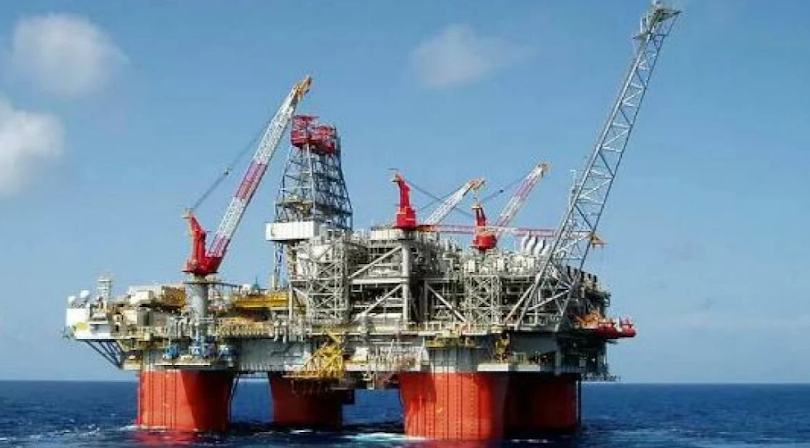Nigeria not defrauded in OPL 245 deal, UK court rules against FG
In the judgment delivered by the Business and Property Courts of England and Wales Commercial Court, said there was no proof that Nigeria was defrauded in the deal.
FG had sued JP Morgan on the grounds of “Quincecare duty,” alleging that the bank “ought to have known” that there was corruption and fraud in the transaction which saw Malabu Oil and Gas Limited sell its 100 per cent in OPL 245 to Shell and ENI for $1.1 billion.
Nigeria argued that there were enough “red flags” for JP Morgan to have halted the transfers.
However, the bank rejected Nigeria’s claims, maintaining that all due processes were followed and money laundering checks were done, arguing that allegations of fraud only came up after a new government took over in Nigeria.
In the judgement, Sara Cockerill ruled that the Nigerian government could not prove that it was defrauded, saying it may be that with the benefit of hindsight, “JPMorgan would have done things differently” but declared that “none of these things individually or collectively amount to triggering and then breaching” the bank’s duty of care to its client.
Bloomberg reports that Cockerill said that by the time of the 2013 payments, the bank was “on notice of a risk” of fraud.
“There was a risk – but it was, on the evidence, no more than a possibility based on a slim foundation,” she said.
Recall that Shell and ENI had paid a total of $1.3 billion to Nigeria’s account at JP Morgan - $801 million for Malabu Oil and Gas Limited, the original OPL 245 allottees, and $210 million as signature bonus to the federal government.
All attempts by Nigeria to prove that there was corruption in the OPL 245 deal have so far proved fruitless.
An Italian court in March 2021 dismissed all charges of corruption in the transaction, discharging and acquitting all the defendants, including Shell, ENI and Dan Etete, the promoter of Malabu.
The US Department of Justice (DoJ) previously investigated the OPL 245 deal and announced in October 2019 that it was closing the case.
In April 2020, the US Securities and Exchange Commission also closed investigation into the controversial deal after it could not prove fraud or corruption.
In the JP Morgan case, Nigerian lawyers had alleged that Mohammed Bello Adoke, the former Attorney General of Federation and Minister of Justice, when the transaction was concluded in 2011, was corrupt and that the entire deal was fraudulent.
Adoke has always denied any wrongdoing, alleging political persecution and maintaining that there is a grand conspiracy to twist a failed mortgage transaction he did in 2013 as evidence of the alleged corruption.
Citing proceedings from Nigerian courts, JP Morgan said that on April 13, 2018, “the Nigerian Federal High Court granted declarations to the effect that Adoke could not be held personally liable in respect of the payments to Malabu (and the giving of instructions to JPMC to make them) because he was merely carrying out the lawful directives and approvals of the President”.
The bank said for Nigeria to make a case, it must prove that “Mr Adoke caused the Resolution Agreements to be concluded and the payment instructions to be issued; and that he did so in exchange for bribes”.
It went on to say that the conclusion of the agreements was a substantial piece of government business which involved dozens of ministers and officials who are not alleged to have done anything wrong, hence Adoke was not personally responsible for the agreement.
Speaking to the allegations of bribery against Adoke, the bank said Nigeria’s case “contains no particulars at all of any agreement or understanding pursuant to which he is alleged to have taken, or agreed to take, bribes”.
JP Morgan said “there is, in fact, a wealth of evidence which is inconsistent with the argument” Nigeria was making that Adoke colluded with Etete.
The bank said that from Italian court proceedings, Adoke, in fact, forced Etete to accept the $1.1 billion being offered for the oil block by the oil companies, otherwise government would take back the licence from him.




Comments
Post a Comment